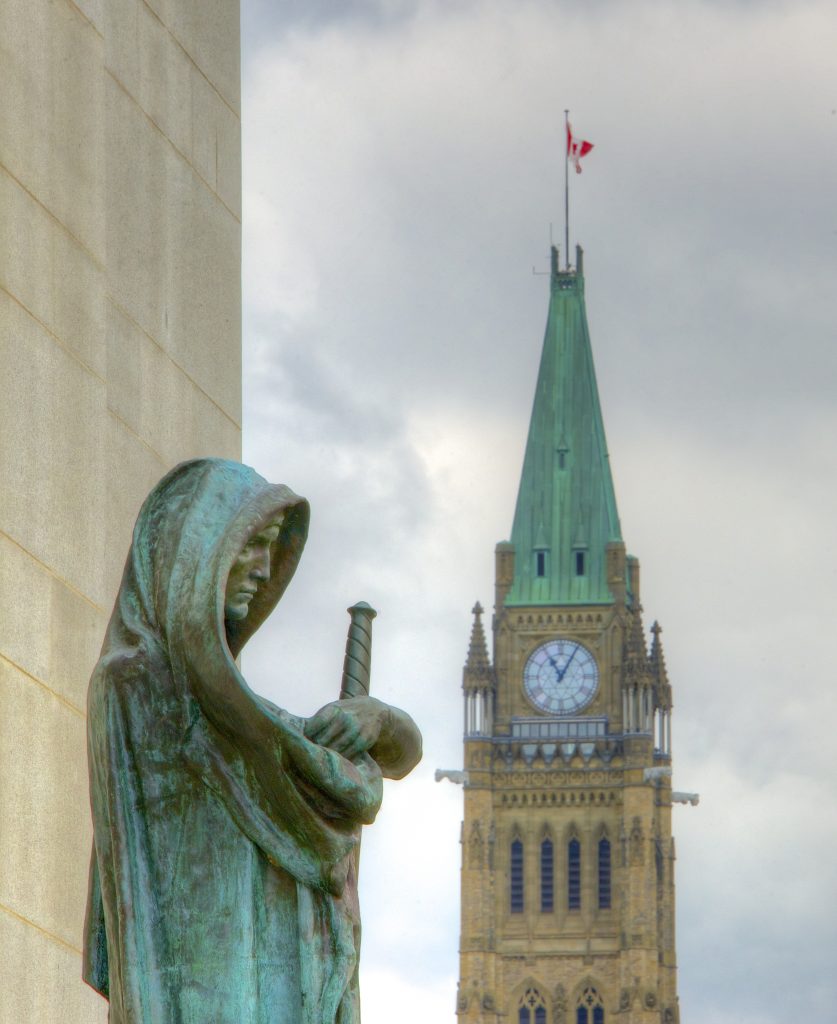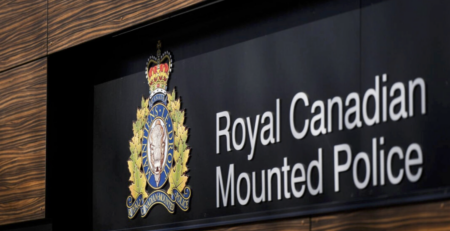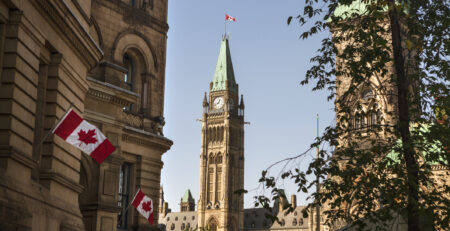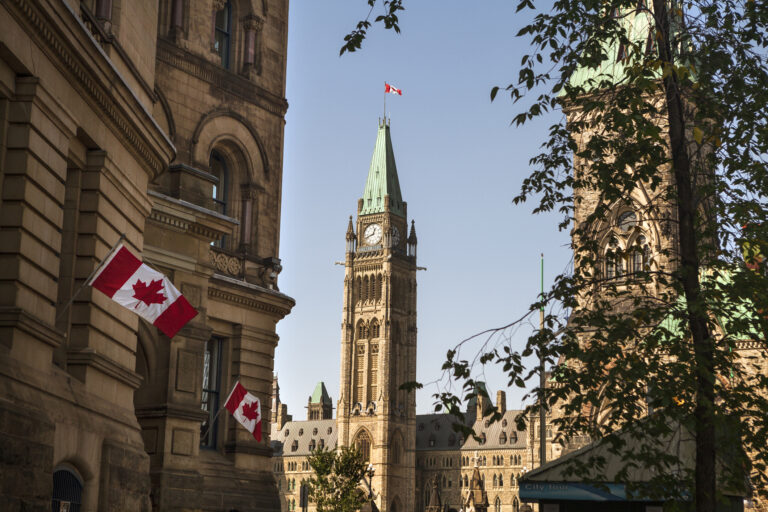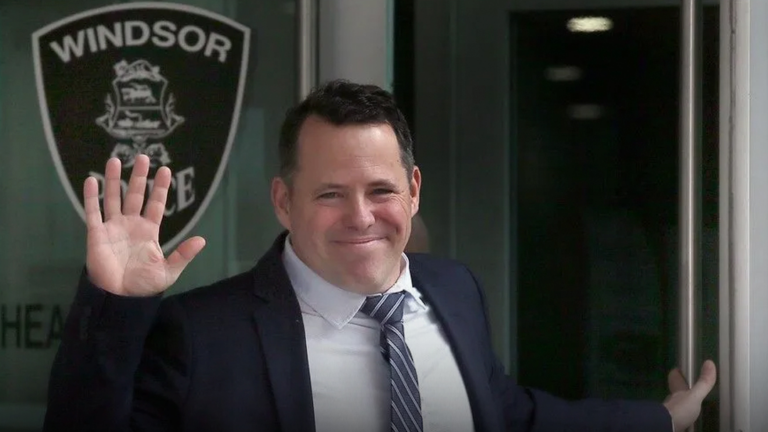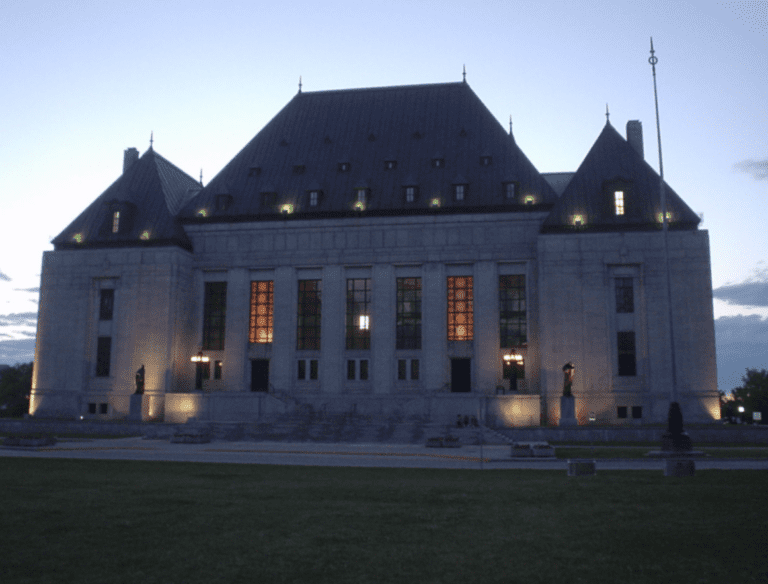

When it comes to defending the fundamental freedoms of Canadians, some Supreme Court judges are more likely to approve of government restrictions on freedom than others. This is the finding of the Justice Centre for Constitutional Freedoms’ Judicial Freedom Index, released today. The 2019 Judicial Freedom Index analyzes the current 9 Supreme Court Justices, overviews the Court’s decisions in 2018 involving Charter section 2 claims and gives a report of the Court’s recent trends over the past 5 years (2014-2018). Finally, the Judicial Freedom Index reviews 63 Supreme Court of Canada judgments, rendered from 1982 to 2018, on the Charter freedoms of conscience, religion, thought, belief, opinion, expression and association.
Since the enactment of the Charter in 1982, the Court has sided with government in 38 of 63 cases involving fundamental Charter freedoms, by holding that no Charter freedom had been limited, or that the government was justified in limiting the fundamental freedom. The challenger, asserting that one or more Charter section 2 freedoms had been infringed by a government law, policy or decision, was vindicated in 25 of the 63 cases.
The central purpose of the Charter is to protect unpopular minorities from the tyranny of the majority, even—or especially—when the majority has the best of intentions.
“When interpreted by judges who cherish the free society, the Charter protects people who express opinions which the majority sees as wrong, false or extreme; protects people who practice religious beliefs that are out of favour with secular elites; and protects the right of voluntary associations to establish and maintain their own rules and practices,” stated lawyer and Justice Centre president John Carpay.
The Justice Centre’s 2019 Judicial Freedom Index shows that today’s Supreme Court Justices fall into three groups when it comes to upholding Charter freedoms. The Court’s split decisions reveal a tendency on the part of particular judges to rule in favour of the individuals whose Charter freedoms have been infringed, while other judges clearly tend to justify government encroachment on citizens’ rights.
In split decisions, Justices Brown and Côté always rule in favour of the challenger’s fundamental freedoms. On the opposite extreme, in split decisions Justices Gascon, Karakatsanis and Rowe always uphold the government’s interference with Charter freedoms, finding the infringement to be justifiable under Section 1 of the Charter.
Justices Abella, Moldaver and Wagner form a third group; in split decisions they rule in favour of freedom of expression but against freedom of religion and conscience. It is not yet clear which group (if any) the Court’s newest appointment, Justice Shelah Martin, will belong. The Justice Centre’s Judicial Freedom Index in 2020 and subsequent years will examine Justice Martin’s approach to Charter freedoms, as well as the approaches of the other eight Justices.
The contrasting attitudes or ideological assumptions of individual judges are also revealed in cases where unions have challenged government laws and decisions as infringing the Charter freedom of association. In split decisions, the Court’s majority ruled for the union half of the time; governments won the other half of the cases. In these cases, Justices Rosalie Abella and Bertha Wilson have ruled in favour of unions 100% of the time, whereas Justices Gérard La Forest and Marshall Rothstein have ruled in favour of the government 100% of the time. More recently, in split decisions involving union claimants, Justice Karakatsanis has ruled for the union in three of four cases; Chief Justice Wagner in two of four cases.
The Justice Centre’s Judicial Freedom Index is an annual report, and the first to provide a comprehensive analysis of how different Supreme Court of Canada Justices interpret the fundamental freedoms protected by section 2 of the Charter. This Index serves a valuable role in providing Canadians with detailed information about the track records of our Supreme Court judges on fundamental Charter freedoms.


